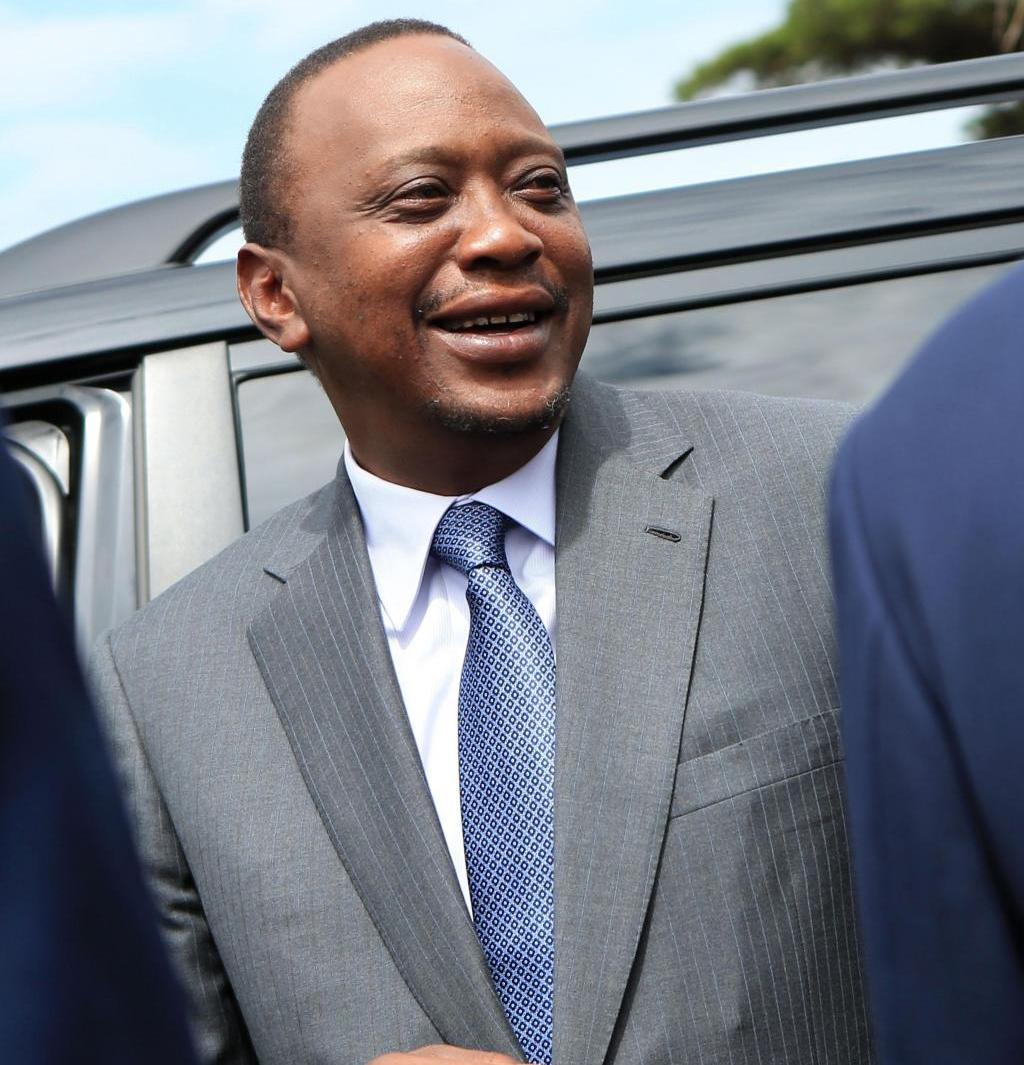Kenya president ‘vindicated’ after ICC drops charges
Kenya’s President Uhuru Kenyatta (pictured) said he had been “vindicated” after the International Criminal Court’s chief prosecutor dropped charges of crimes against humanity against him on Friday. Kenyatta, 53, faced five charges including murder and rape and deportation for allegedly masterminding post-election violence in the east African country in 2007-08 in which more than 1,200 people died and 600,000 were displaced. Legal experts said the announcement after a marathon four-year investigation, littered with allegations of witness intimidation, bribery and false testimony, was a huge blow for the ICC, which was set up in 2002 to probe the world’s gravest crimes. Kenyatta, who has maintained his innocence throughout, reacted by saying his conscience was “absolutely clear” in the case linked to the country’s 2007-08 post-election violence, the worst in its history since it won independence from Britain in 1963.
It’s the court’s biggest setback since its establishment at the turn of the century. The collapse of the Kenyatta trial will certainly hurt the ICC more than it does Kenya.
Eugene Kontorovich, international law professor at Chicago’s Northwestern University
Chief prosecutor Fatou Bensouda called the decision “a dark day for international criminal justice”. Kenya fought an international campaign to put Kenyatta’s trial on hold, as well as that of his rival-turned-partner Ruto, who has been on trial at the ICC on similar charges since September 2013. Prosecutors, in a last-ditch effort to build a case against Kenyatta, asked judges to postpone the trial and rule that Nairobi refused to cooperate in a request to hand over documents which prosecutors said may prove his guilt. Bensouda said her office “faced other severe challenges” including a relentless stream of false media reports in Kenya, and an “unprecedented campaign” on social media to expose the names of prosecution witnesses and threats, harassment and intimidation of would-be witnesses.

Africa ICC Kenyatta